This week in Science, we decided to find out whether or not our brains are affected when we eat chocolate.
Firstly, we watched a video about the brain and illusions and how sometimes we can trick our brain with illusions. We then tried to create our own illusions by tricking our brain into thinking we had a hole in our hand. This was done by rolling a lined sheet of paper and holding it up to our eye and looking through it, while moving our hand towards and away from our eye – it did look like we had a hole in our hands!! 🙂
Next, we looked at a slide where there was different words saying different colours. We had to try say each word, being careful not to say the colour it was printed in. Then we tried the opposite – saying the colour the word was printed in, but not the actual word – sounds tricky huh? it was.
This was because the brain was making a lot of decisions. Rather than doing what you were used to doing, we had to think really hard to ignore the word and say the colour instead.
Finally, we tested our brain’s reaction time. This experiment lets you measure how fast your brain can see something happening and then react to it.
Step 1: Find a partner, a table and a ruler
Step 2: Next, have your partner hold the ruler in between your fingers (make sure your not touching the ruler though!!). Your partner should hold it at at the top and the 0 cm marking should be in between your two fingers and thumb.
Step 3: Drop the ruler without any warning and have your partner catch it. Check to see at which cm mark your partner caught it. If it is a low number like 8, this means your reaction time was really quick. But a higher number like 19 means you have a slower reaction time.
Step 4: Record your time on your sheet and switch places with your partner so they can test it.
Once we figured out what our normal brain reaction time was like, we now were going to test it against chocolate – the fun part!!
Step 5: Eat some delicious chocolate!! Wait 5 minutes for it to digest.
Step 6: Then repeat the whole process again.
When we compared our reaction time before the chocolate to our reaction time after the chocolate we found that over all, our reaction times had changed, except for 1 person whose reaction time had stayed the same.
Our findings were: 11 pupils said their reaction time was quicker after eating chocolate, 8 said theirs was slower after eating chocolate and 1 person’s time remained the same.
As a class, we discussed that many of us felt that we became hyper after eating chocolate therefore this could be why our brain’s reaction was quicker after eating chocolate. Some said they felt more relaxed after eating chocolate, as it was a comforting food so this could be why their brain slowed down after eating it. One person, whose reaction time remained the same, said it could be because they are used to eating chocolate so maybe it mightn’t have had an effect on their brain.
We really enjoyed carrying out this experiment especially as it involved us being scientists through researching, using technology, engineers through creating, testing and trialling and mathematicians with all our work calculating the reaction times, finding out the difference between the two times and graphing our results.

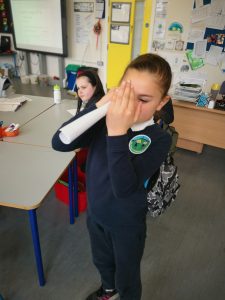
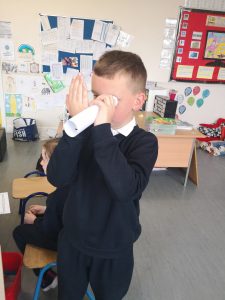
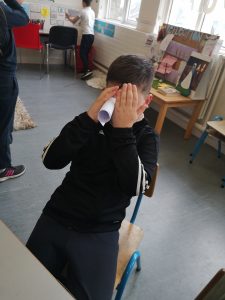
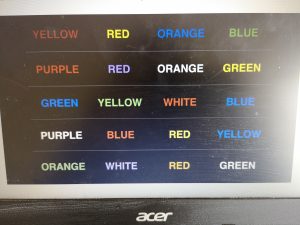
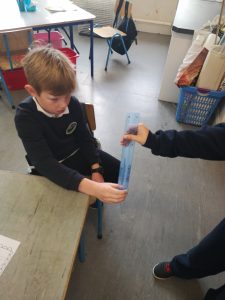
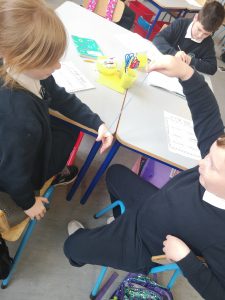
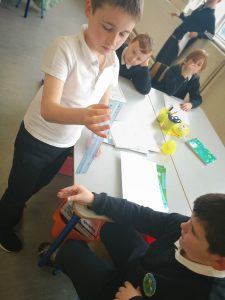
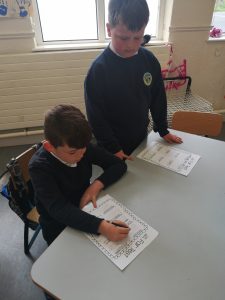
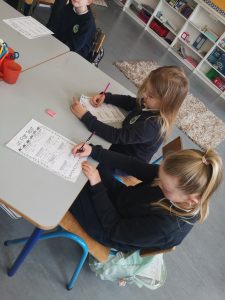
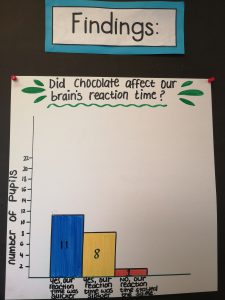
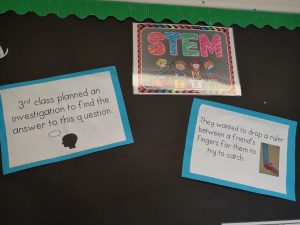
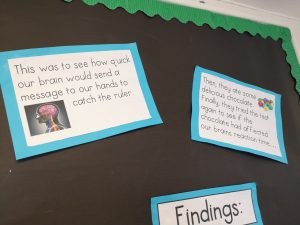
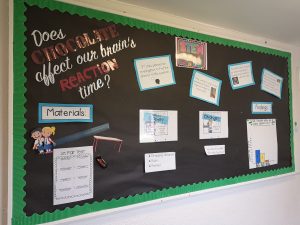
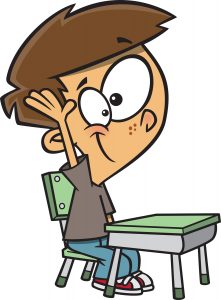
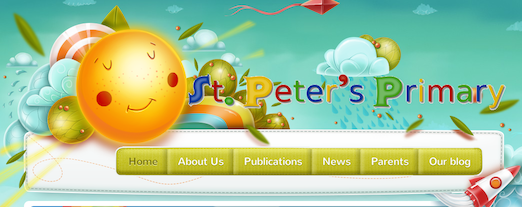


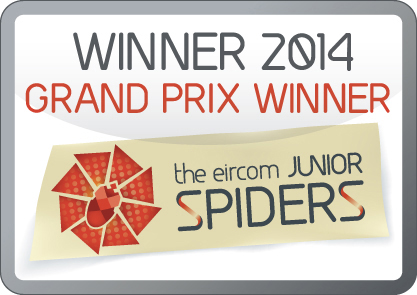
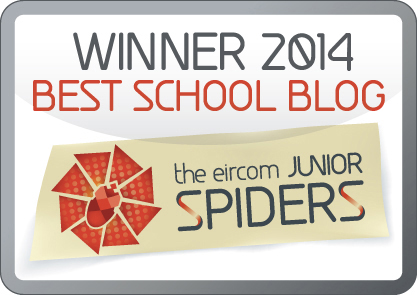
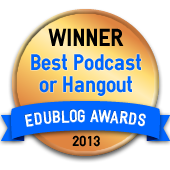

8:57 am on May 28th, 2019
Well done 3rd class! Future scientists in the making! I’m sure you especially enjoyed the chocolate experiment